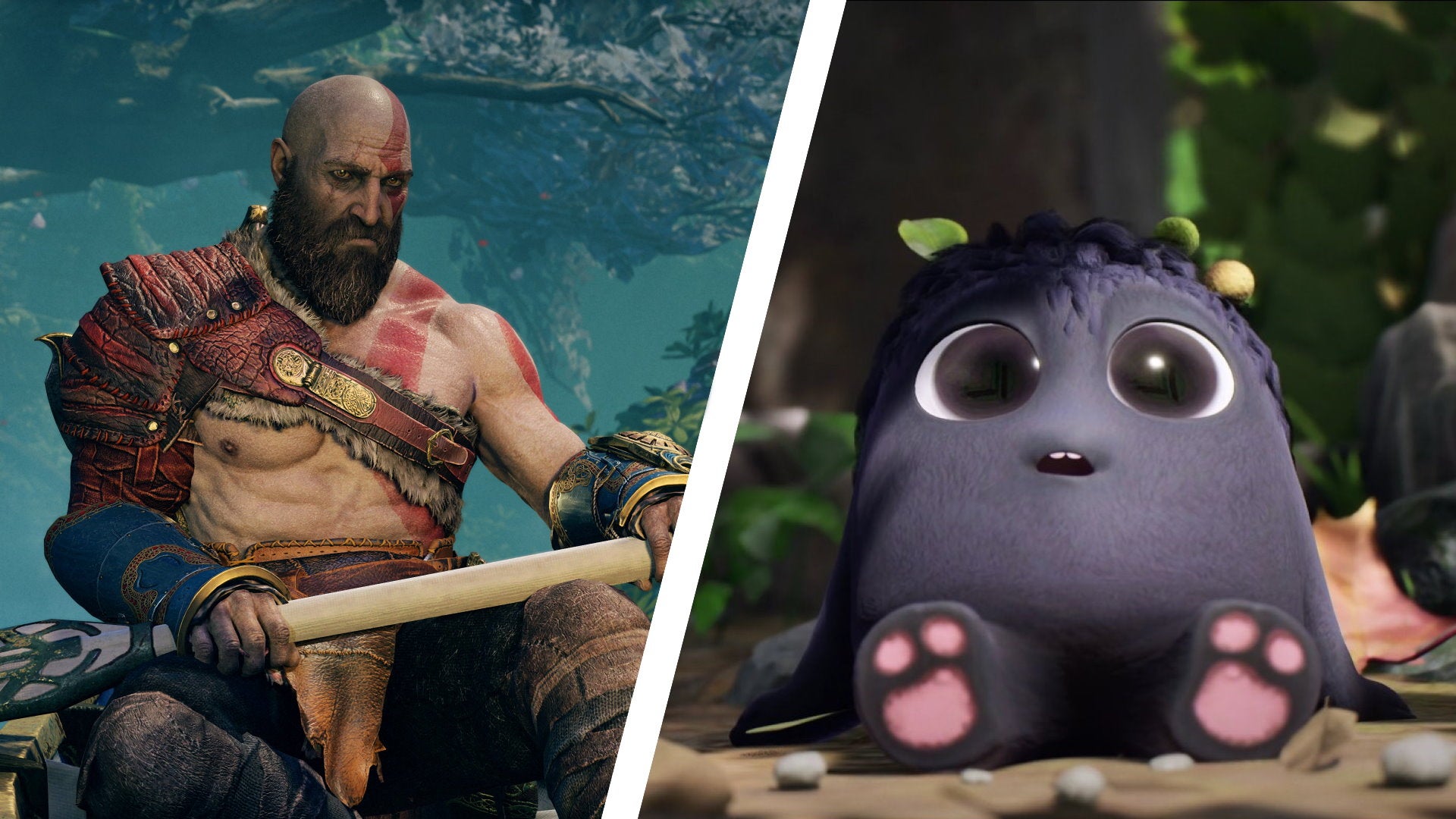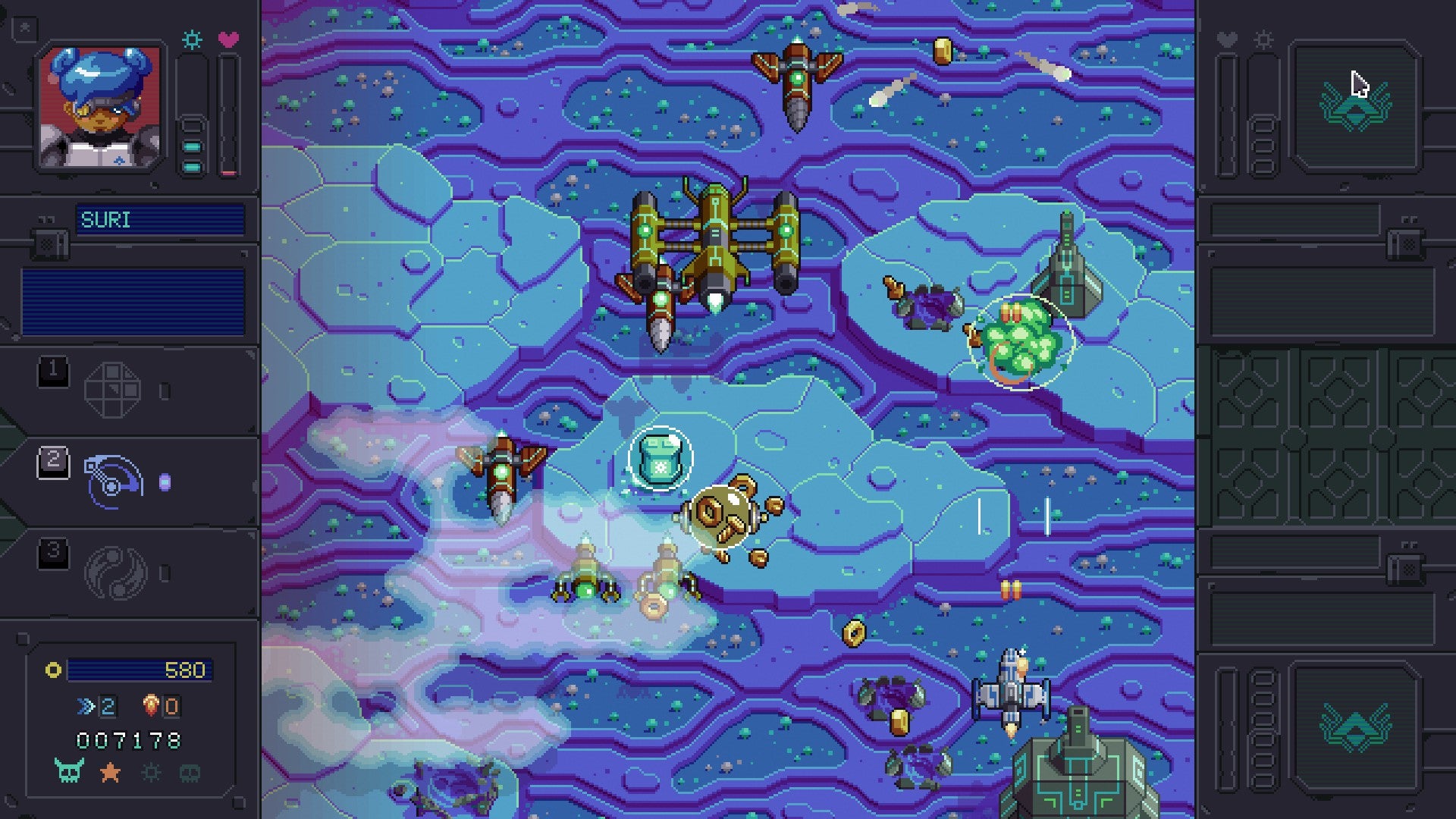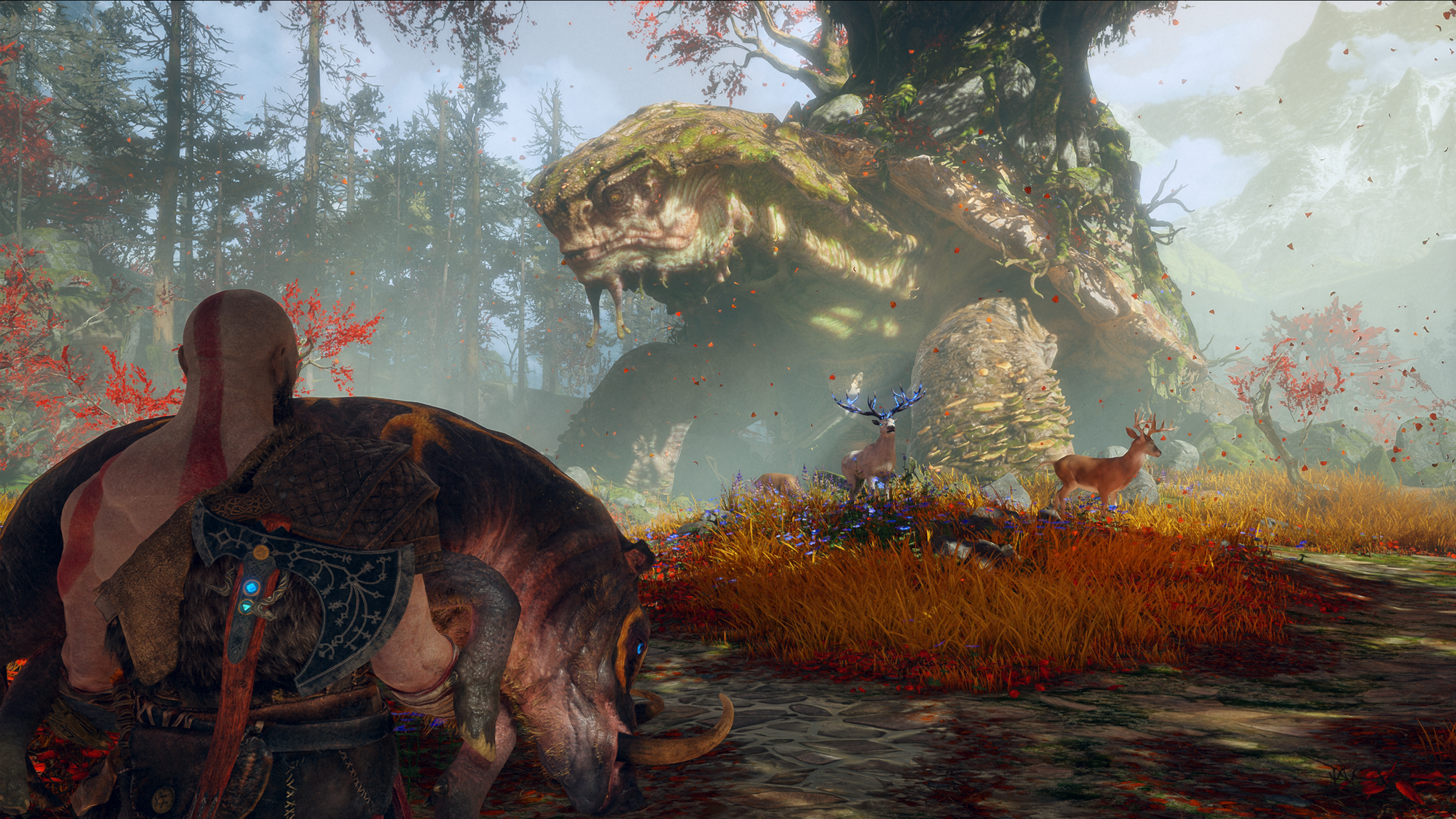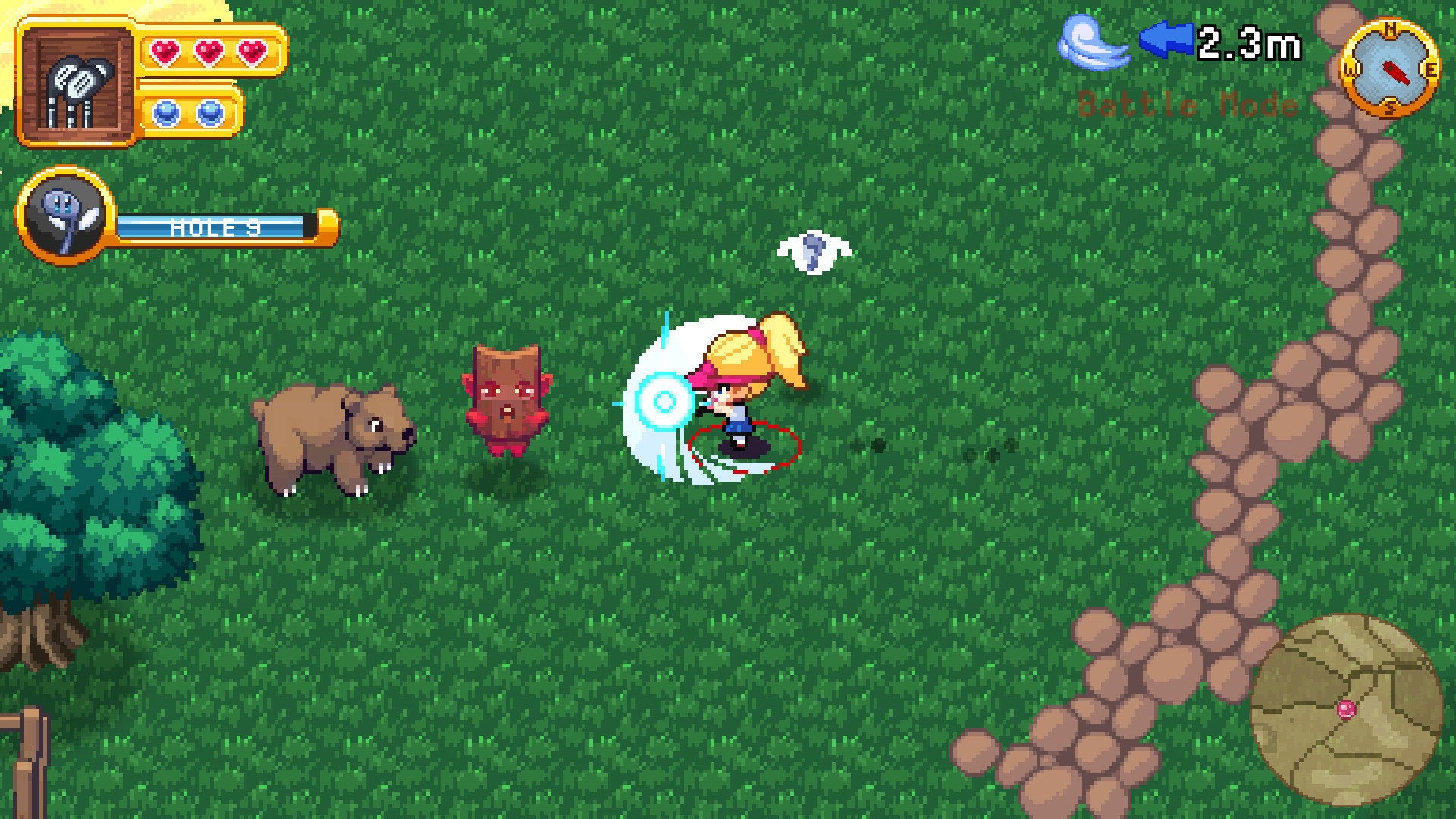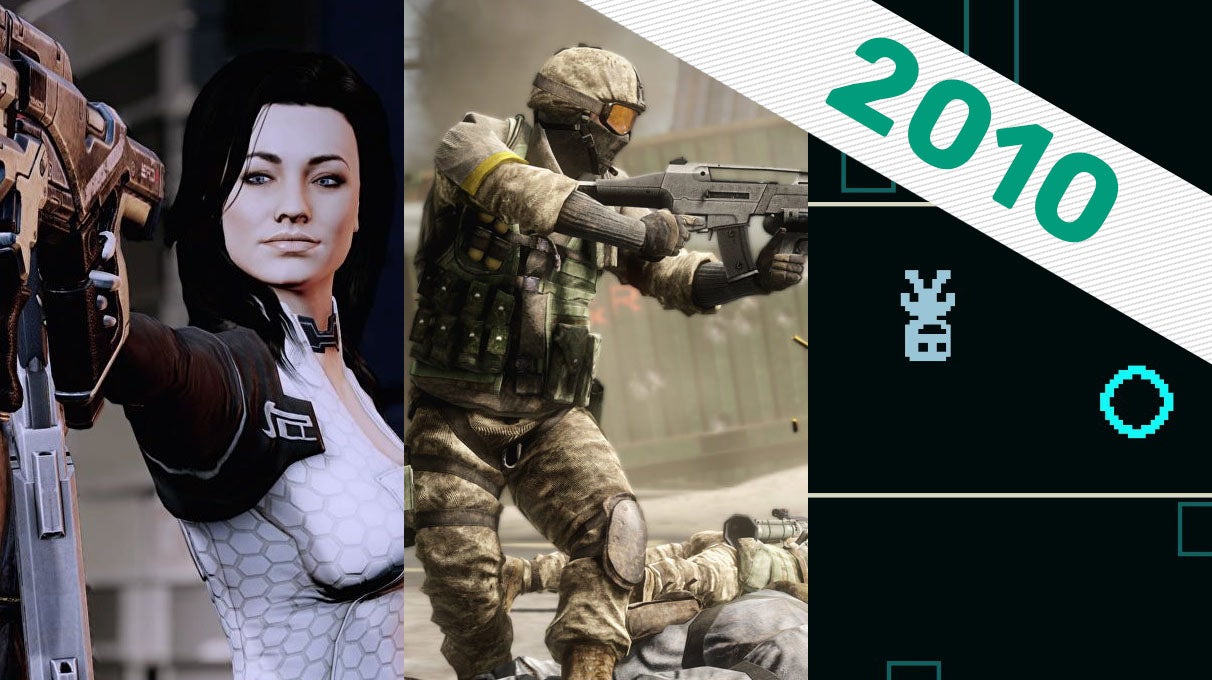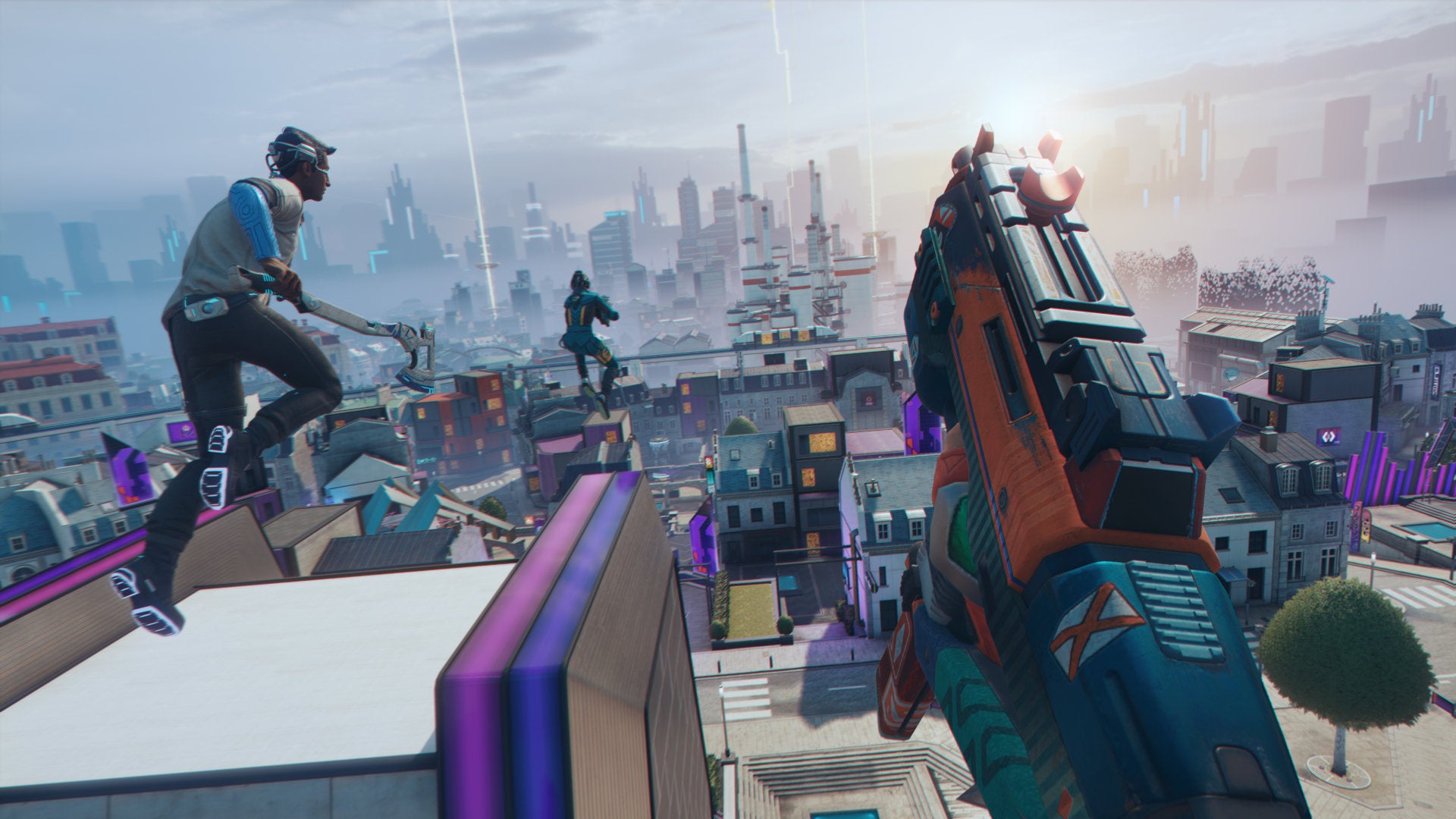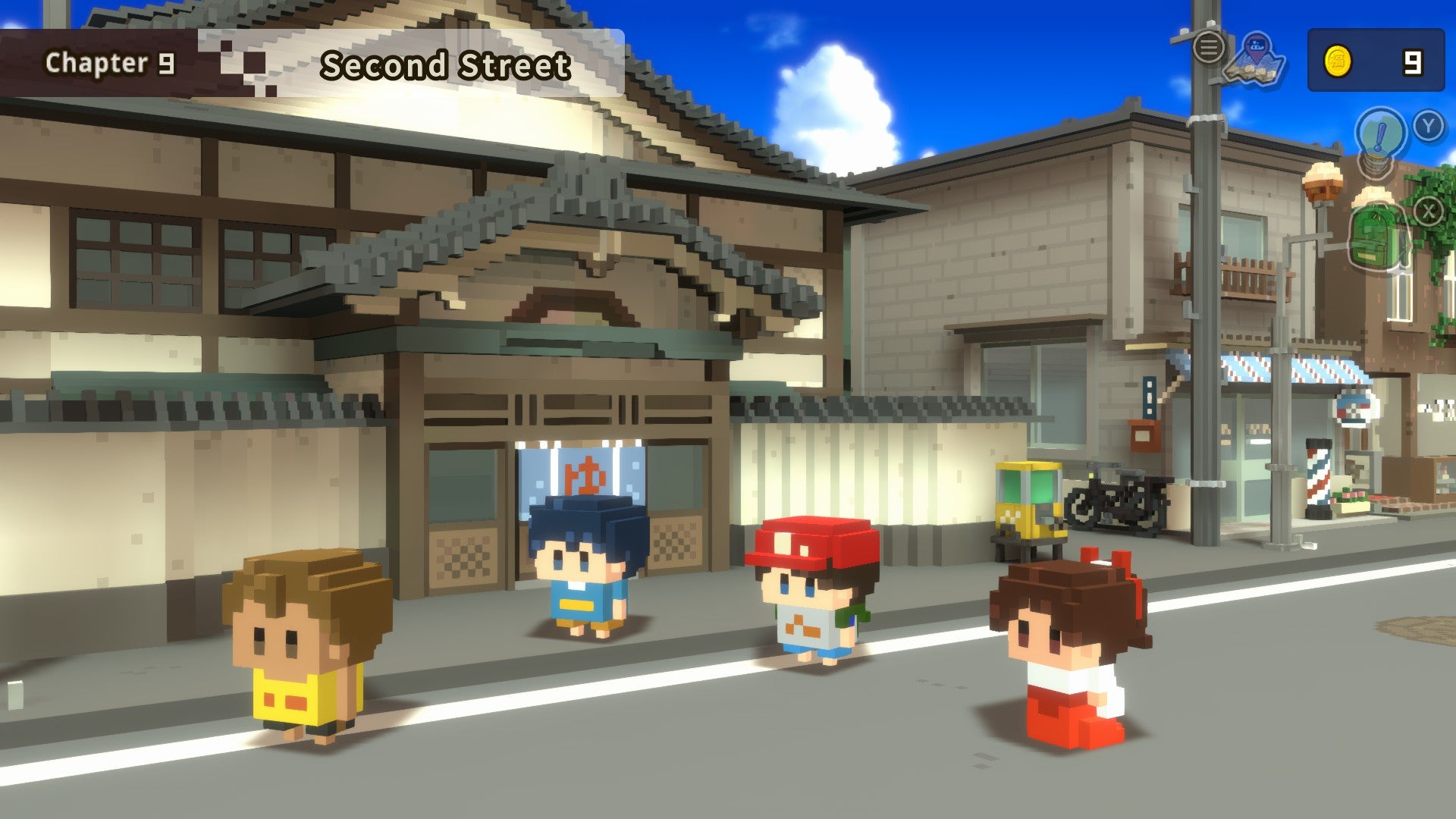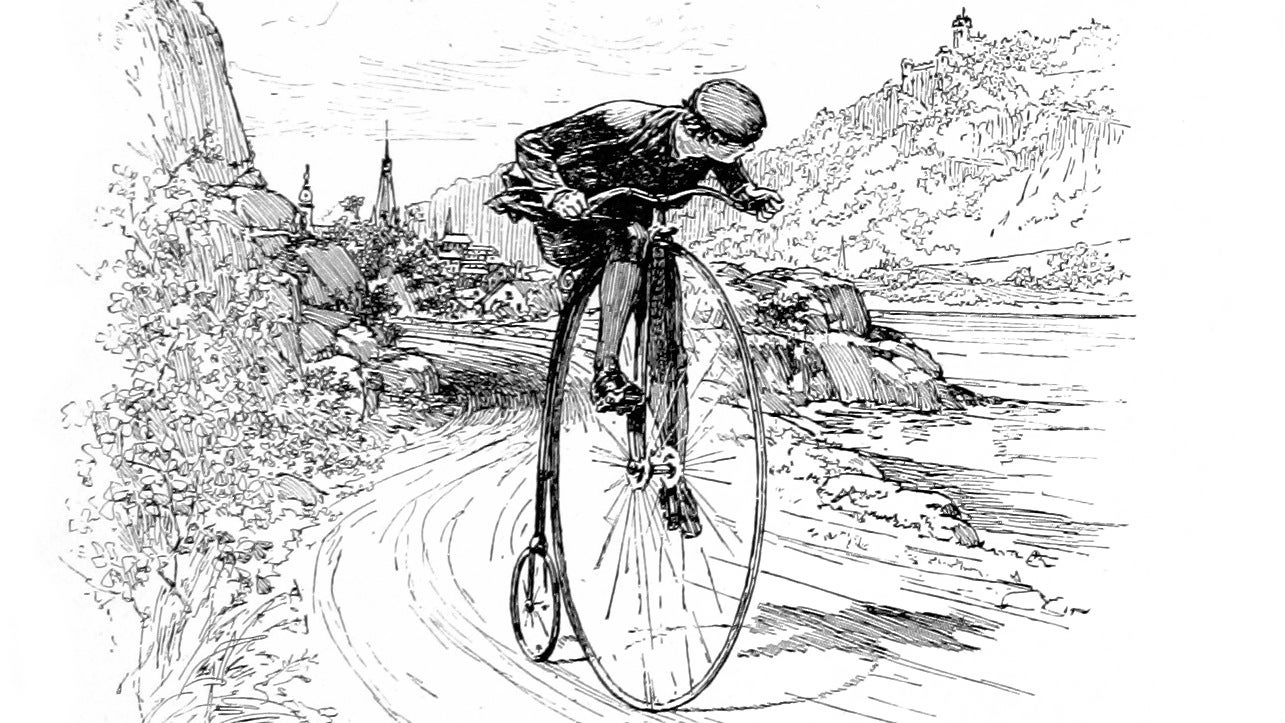
This weekend I am looping the Assault On Precinct 13 theme to build the plodding determination I will need to survive the impending NFT bonanza. I do take some comfort in the fact that NFTs are so unpopular that Riot had scramble to cover after accidentally suggesting a Valorant character liked NFTs. And I especially enjoyed Yanis Varoufakis explaining why the metacryptofungiverse sucks. But more and more companies are talking about NFTs and things will get worse, and I'll need the energy I can only get from Precinct 13 (and the amazing unused Jimmy Chambers song based on it).
But the terrible future can wait, what are you playing this weekend?





